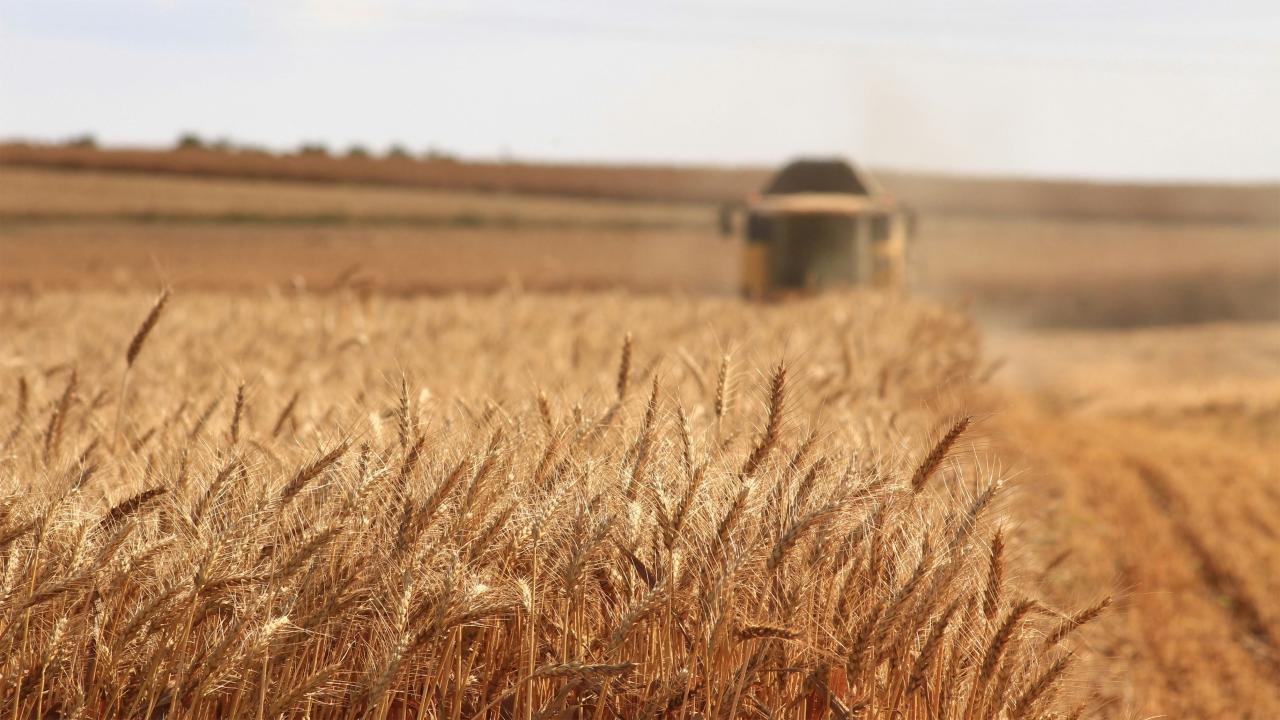UAE trade deal win

AUSTRALIAN dairy farmers could be some of the big winners from a new bilateral trade agreement with the United Arab Emirates.
Australia’s peak dairy industry body the Australian Dairy Industry Council says it supports the push for a trade agreement with the UAE which could open the door for export opportunities to the region.
ADIC chair Ben Bennett said the announcement by the Trade Minister Don Farrell represents a strong opportunity in an important export market for Australian dairy.
“We understand this agreement will mean more agreeable trading conditions between the two countries and look forward to seeing the detail on what that looks like for dairy,” he said.
ADIC deputy chair John Williams said the UAE was Australia’s largest trade and investment partner in the Middle East.
“Through the Comprehensive Economic Partnership Agreement (CEPA), Australia gains an advantage in trade with the major players in the Gulf Cooperation Council (GCC) countries,” he said.
“The GCC countries collectively import about 900,000 tonnes of dairy product annually. As a combined market it’s one of the largest dairy import markets globally, roughly equivalent in size to large economies like the United Kingdom.”
Mr Williams said Australia is a relatively minor supplier of dairy products to the GCC region, though this has not always been the case.
He said this agreement is bound to help Australian dairy’s competitiveness. The trade deal has also been welcomed by the National Farmers Federation.
NFF Chief Executive Tony Mahar said the Comprehensive Economic Partnership Agreement will improve access to an important market for Australian farmers, allowing them to diversify.
“The deal reflects the global demand for Australia’s premium produce,” he said.
As part of the deal, tariffs have been removed from key Australian exports including beef, sheep meat, dairy, oil seeds, seafood, canola seeds, nuts, honey, chickpeas and lentils.
The deal will deliver $50 million each year in tariff savings to Australian farmers and food producers and further support trade diversification.
Mr Mahar said Australian farmers export more than 70 per cent of what they produce, so gaining new and diverse market access is critical to the sector’s resilience.
He said the agreement also marks a strategic opening into the Middle East, a growing market of more than 58 million people with a heavy reliance on food imports.

Add new comment